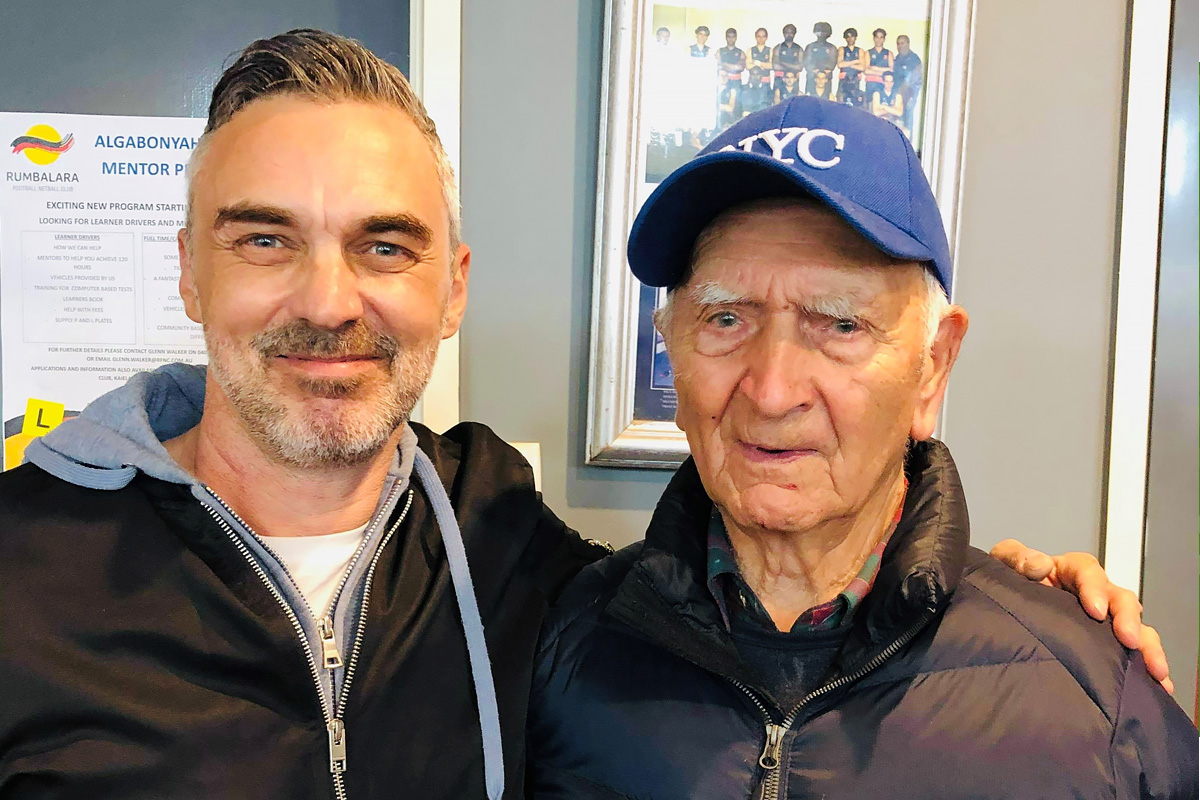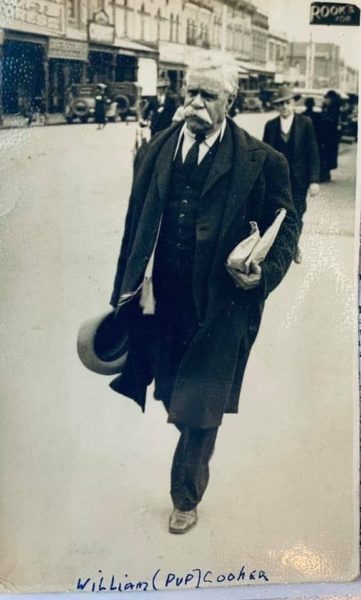
By Alf ‘Uncle Boydie’ Turner (pictured right) and Jimi Peters (pictured left)
While the name Nelson Mandela is known worldwide, few non-Indigenous Australians could say very much about his equivalent trailblazers in their own country.
One of those trailblazers was William Cooper (1860-1941), a proud Yorta Yorta man, political activist and community leader, who a century ago paved the way for all Australians to recognise, respect and celebrate First Peoples’ history and culture.
Cooper was a pioneering instigator of Aboriginal advocacy that addressed the dispossession of First Peoples. He was so energetic that — as one of Australia’s first humanitarians — he also found time to protest the treatment of Jewish people in Nazi Germany. His work has culminated in what we know today as NAIDOC Week, and a raft of ground-breaking policies that were adopted decades later.
NAIDOC stands for National Aborigines and Islanders Day of Observance Committee, which originates from the Day of Mourning initiated by Cooper and other key Aboriginal leaders in 1938 to protest the 150th anniversary of the landing of the First Fleet in Sydney Harbour.
In November 1937, as preparations were underway to mark the anniversary, Cooper called a meeting of Aboriginal activists in Melbourne, which included the footballer and pastor Douglas Nicholls, and William Ferguson from the Aborigines Progressives Association.
At this meeting Cooper called for a “Day of Mourning” to be held on 26 January so that Australian Aboriginals could draw attention to “all that was lost”, reported Melbourne’s Argus newspaper.
The agenda developed by Cooper in the 1930s, along with Jack Patten from the APA, was truly visionary in its scope and very audacious given the extreme marginalisation of First Peoples at this time.
The week prior to the Day of Mourning, Cooper and the other Aboriginal leaders had secured a meeting with Prime Minister Joseph Lyons to take place the following day, proposing a national policy for Aboriginal people — something which did not occur until after the 1967 Referendum gave the federal government the right to do so.
Earlier, Cooper had in 1935 drafted a petition to send to King George V asking for special Aboriginal electorates in Federal Parliament. The proposal echoes the Voice to Parliament that is now being proposed by First Nations leaders, and in fact, it went further. The thread running through all of Cooper’s advocacy was that the Australian nation should recognise and respect the unique place of the First Australians in this country.

NAIDOC Week is part of this recognition process because the events held around Australia — which are open to everyone to attend — are aimed at sharing knowledge and building a reconciled future together.
In the early days, the Day of Mourning — known as Aborigines Day — was held on the Sunday before 26 January. In 1955, the day was shifted to July so that it would also become a day of celebration, and in 1974 NADOC became a national week, with Torres Strait Islanders recognised in the name and included in 1991.
It is impossible to understate the significance of this week for First Peoples. During NAIDOC Week, you’ll see events being held in every corner of this nation. The challenge for non-Indigenous Australians is to join in the celebration and appreciate our shared history.
Alf Turner is a Yorta Yorta man and grandson of William Cooper, who lived with his grandparents in the 1930s. Jimi Peters is a Yorta Yorta man and descendant of Cooper’s brother Robert, and Oxfam Australia’s First Peoples’ Program Partnership Lead.